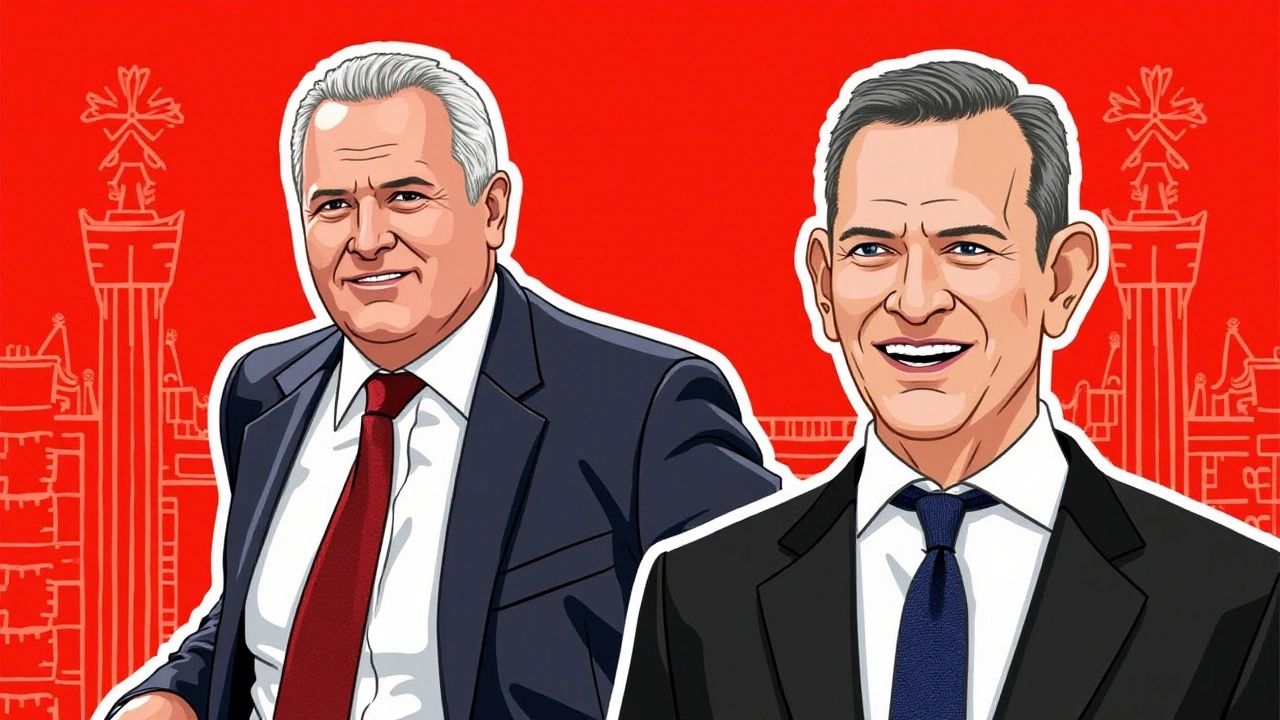Political Strategy: What Works in Today’s African Landscape
If you’re curious about how leaders win elections or push big reforms, you’ve come to the right place. Political strategy isn’t just about speeches; it’s a mix of data, grassroots work, and smart messaging that can tip the balance.
Core Tactics That Drive Results
First off, know your audience. Successful campaigns break voters into clear groups—young urbanites, rural farmers, business owners—and tailor messages to each. A youth‑focused social media push works wonders in Lagos or Nairobi, while door‑to‑door talks still dominate in smaller towns.
Second, data matters. Teams now use mobile surveys and voting history to spot swing districts. In South Africa’s recent local elections, analysts mapped internet usage to predict where a new policy would get the most traction.
Planning for Policy Success
Winning an election is only half the game. Once in office, leaders need a clear rollout plan. That means setting realistic timelines, budgeting for each step, and keeping citizens informed at every stage. When Kenya introduced a new land‑reform bill, the government released weekly video updates that explained how the changes would affect everyday life.
Communication stays key throughout. A transparent approach builds trust, while vague promises often backfire. Think of it as a conversation: listen to feedback, answer questions, and adjust the plan when needed.
Finally, don’t forget alliances. Forming coalitions with civil society groups or regional parties can broaden support and bring expertise you might lack. In Ghana’s last parliamentary race, smaller parties teamed up with larger ones to push a joint anti‑corruption agenda, boosting voter turnout in key swing areas.
Putting these pieces together—targeted outreach, data‑driven decisions, clear policy rollout, and strong alliances—creates a solid political strategy that can win elections and deliver lasting change. Whether you’re a campaign manager, a new politician, or just an interested citizen, applying these basics will help you understand the moves behind today’s headlines.

Keir Starmer's Strategic Reset: Morgan McSweeney's Influence on Labour Party's Future
Oct 8, 2024, Posted by Ra'eesa Moosa
Labour Party leader Keir Starmer has appointed Morgan McSweeney as head of his office, a decision suggesting a strategic shift back to the successful tactics of Starmer's leadership campaign. McSweeney's return aims to remedy the internal challenges faced by the party and enhance its electoral readiness. This reappointment underscores a significant attempt to revitalize Labour’s position with McSweeney’s strategic acumen.
MORE